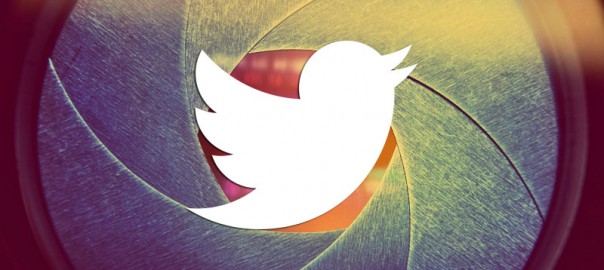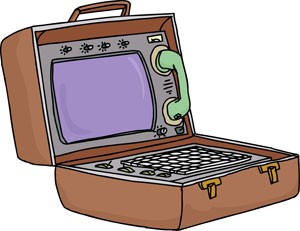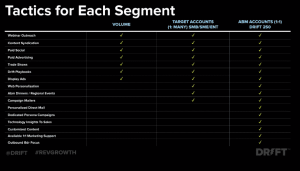Three weeks after the launch of Twitter’s mobile native video feature, most brands are not using it. The best examples are direct answers in Q&As.

In the three weeks since Twitter announced the rollout of native video, we’ve been on the lookout for brands and businesses making use of the new feature. So far we’ve come up mostly empty.
Brands appear to be taking a wait and see approach. Or perhaps, they are satisfied with the other ways to introduce motion into their Twitter feeds, animated GIFs, six-second Vine videos, Twitter video cards and, for major advertisers and publishing partners, native video posted through the paid Amplify product.
Whatever the reasons, we’ve only found one major brand using new native video the platform: Tide, which has posted a handful of clips from New York Fashion Week. Here’s one from a NYFW runway:
It’s wool & it’s surprisingly washable, this @charlotteronson look is straight from the runway. #MBFW #TideChic #NYFW pic.twitter.com/r5Gh3IDUmt
— Tide (@tide) February 14, 2015
And another off-stage with designer Nicole Miller:
“I love Tide Pens!…They’re a life-saver.” Our friends @bryanboy & @NicoleMillerNYC talk washable fashion. #TideChic pic.twitter.com/BhOeVRKkRT
— Tide (@tide) February 15, 2015
As you can see, it’s not especially compelling content; but it is in-the-moment video from a location that most people don’t have access to. The production values are low, but that’s to be expected of a tool that’s only accessible from mobile devices and small-screen viewers are forgiving of rough edges on video created with cell phones.
A Great New Engagement Tool
Although traditional brands haven’t dived in yet, other social actors have been kicking the tires and have had some excellent early results. And perhaps the first killer app is using Twitter video as a way to respond quickly to your followers.
That’s how entrepreneur Gary Vaynerchuk has been using it, as he explained in a recent blog post:
I’ve been waiting for something like this, and I’ve wanted it to do it before, but there was too much friction on the platform. Now they’ve done all the work for you, and all you have to do is get in there and engage. It takes me nine to twelve seconds to make a video and reply, but those extra seconds hold a lot of meaning. Not to mention it’s more personal, visual, and we are living in a world where the visual is often regarded as a better engagement than the written.
There’s also more room to set the tone. A lot of things can get lost in a tweet. I might say “thnx” but that person isn’t 100% sure what my tone really was. But with Twitter video, the message comes across loud and clear.
Here’s a quick, 13-second video answer Vaynerchuk posted today:
@georgeTHEarab pic.twitter.com/WU8d9CTM6D
— Gary Vaynerchuk (@garyvee) February 17, 2015
Similarly, actress Amy Schumer, promoting her upcoming movie “Trainwreck,” used native video to answer fan questions during a Twitter Q&A last week.
@Jason_Reads pic.twitter.com/gwvSEiMlH5
— Amy Schumer (@amyschumer) February 11, 2015
@therealjsonline pic.twitter.com/bdzMb4lbsq
— Amy Schumer (@amyschumer) February 11, 2015
Medium, the blogging platform founded by Twitter co-founder Ev Williams, also got into the act with a Q&A. Here’s one of the answers:
.@cwRichardKim asks “on a scale of 1 to Shia LaBeouf, how popular am I on Medium? We replied. #askmedium pic.twitter.com/nBV1dups8t
— Medium (@Medium) February 11, 2015
Let us know if you see other examples.

Attend MarTech and hear first-hand how brands like Coca-Cola, Aetna, Dell, EMC and Netflix are harnessing the power of technology to produce exceptional customer experiences that deliver business results. Don’t miss the largest independent marketing technology event of the year. Register by February 21 to save $250!
(Some images used under license from Shutterstock.com.)
Marketing Land – Internet Marketing News, Strategies & Tips
(277)
Report Post







